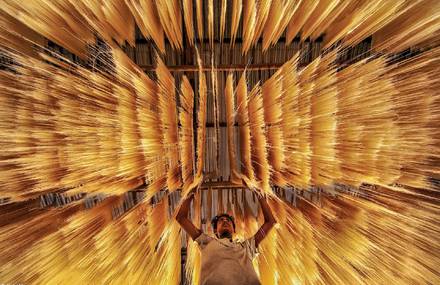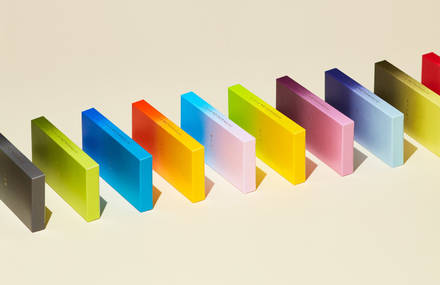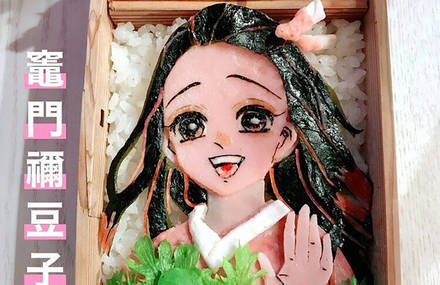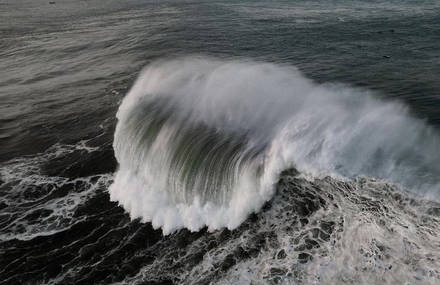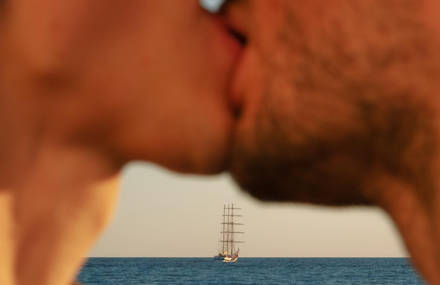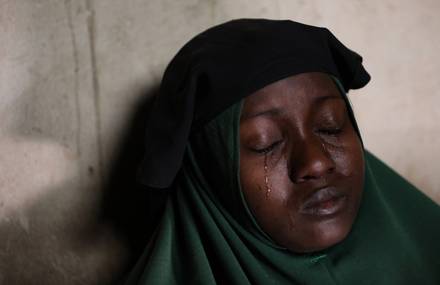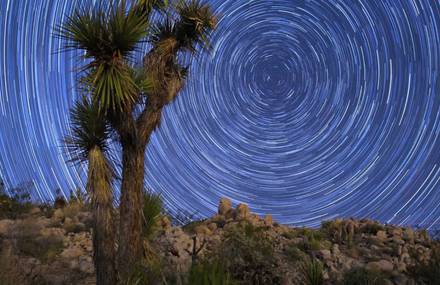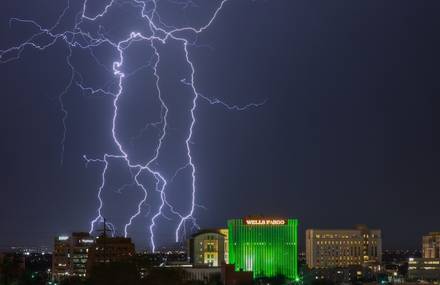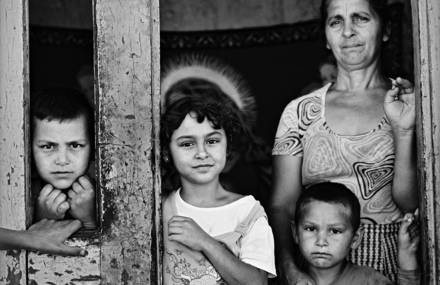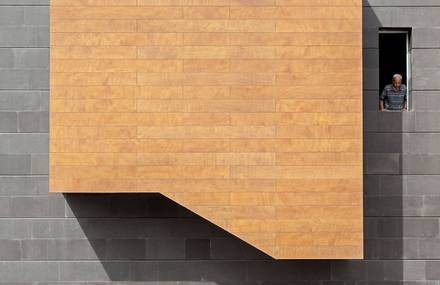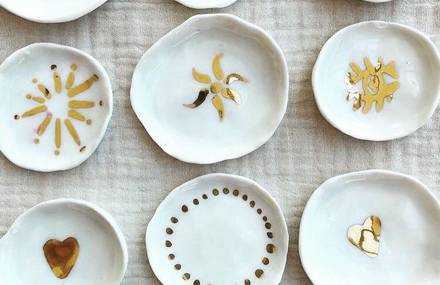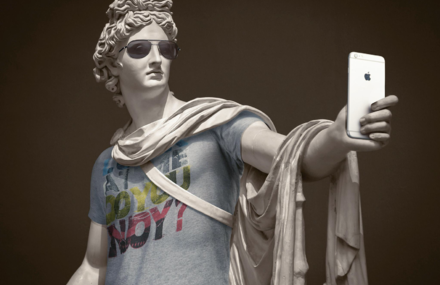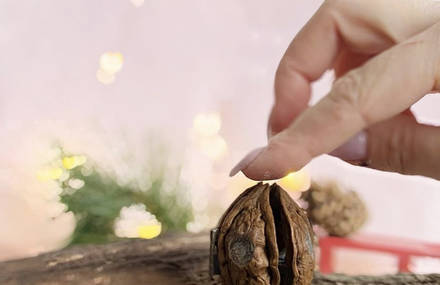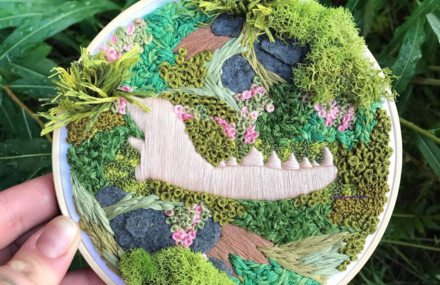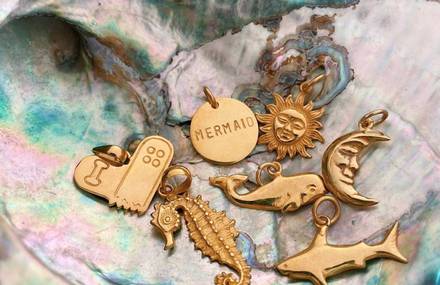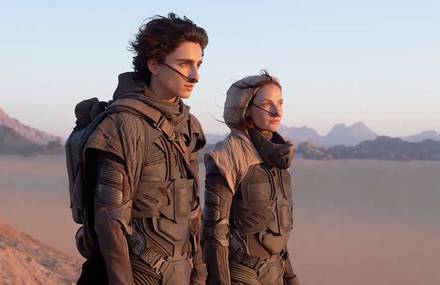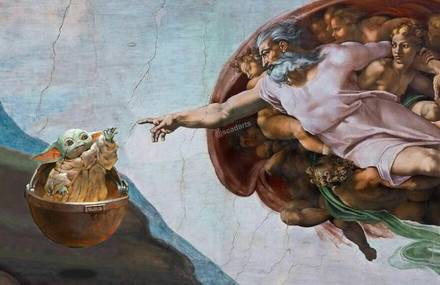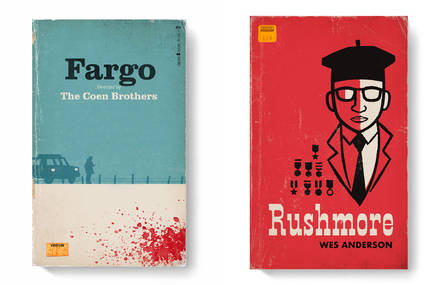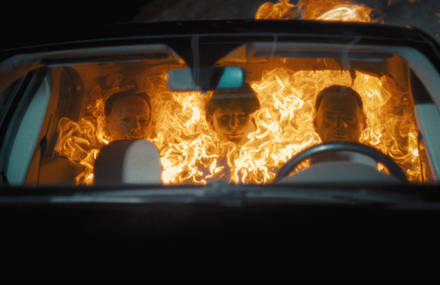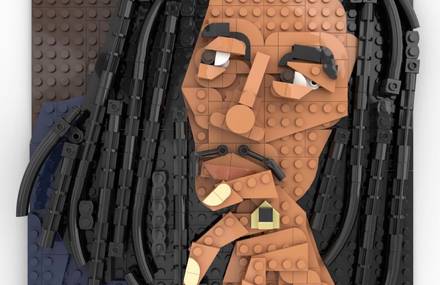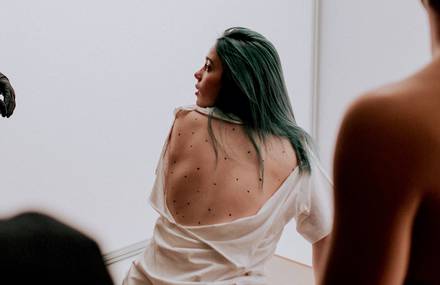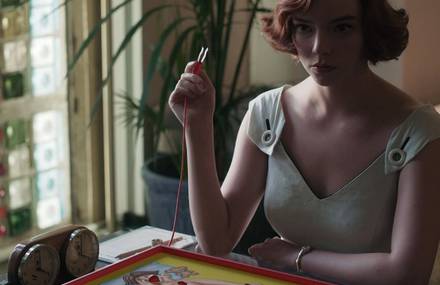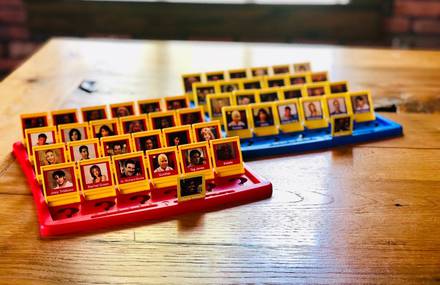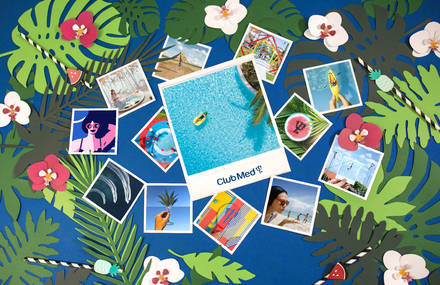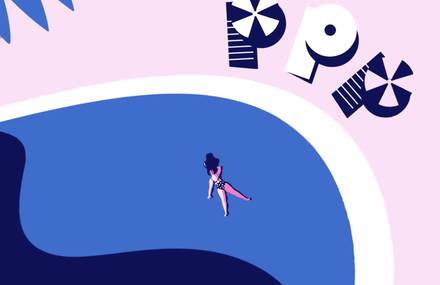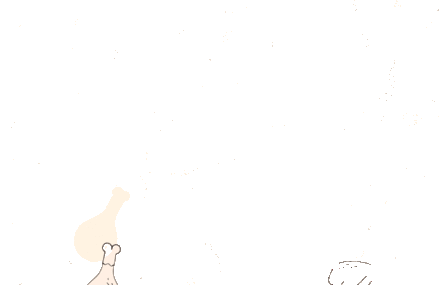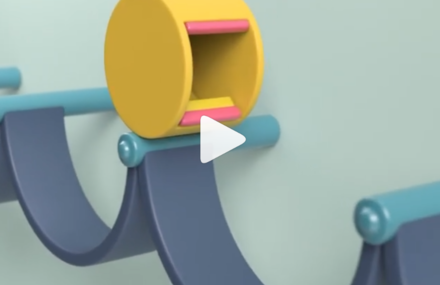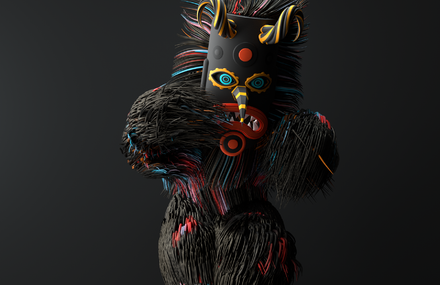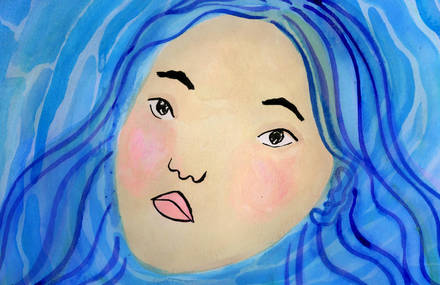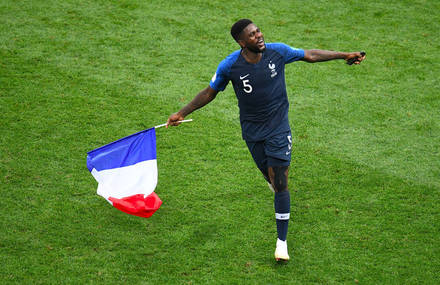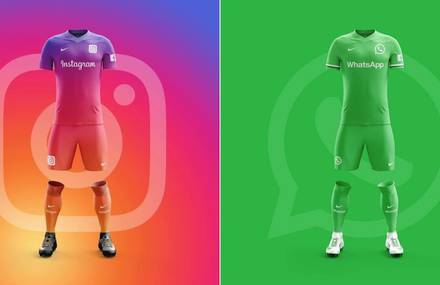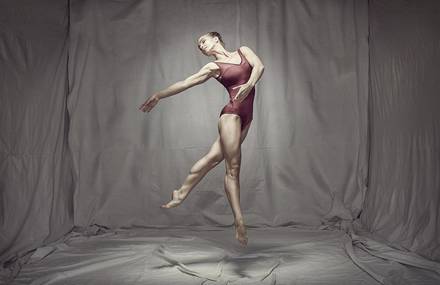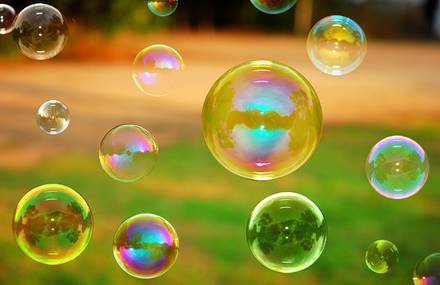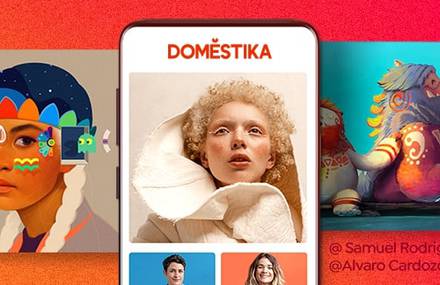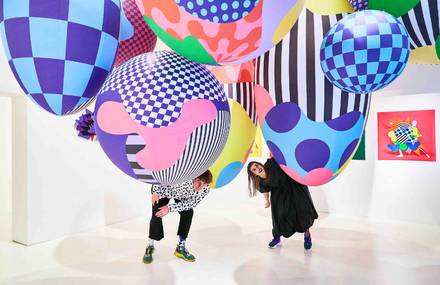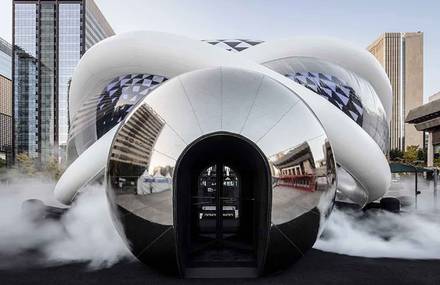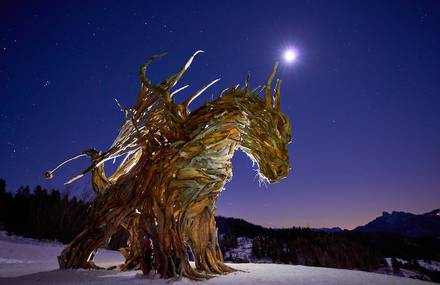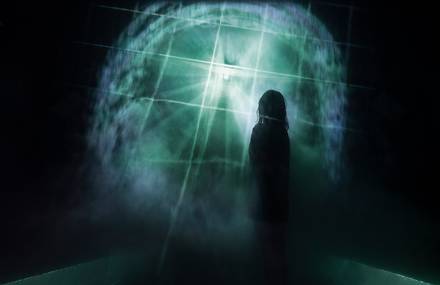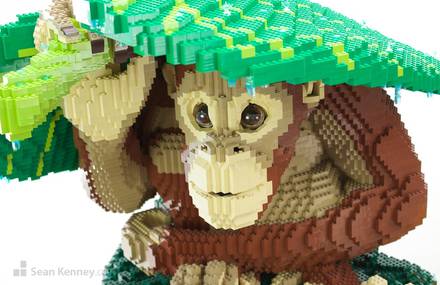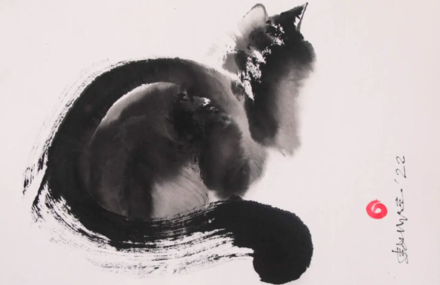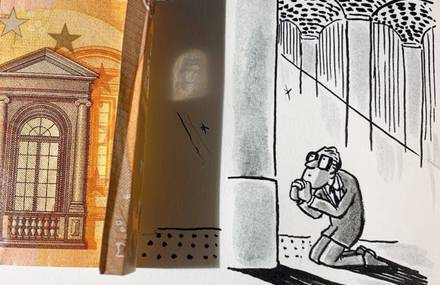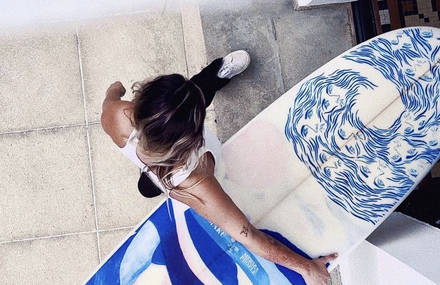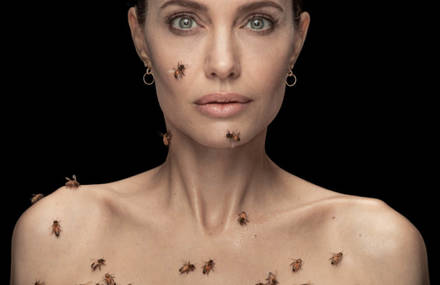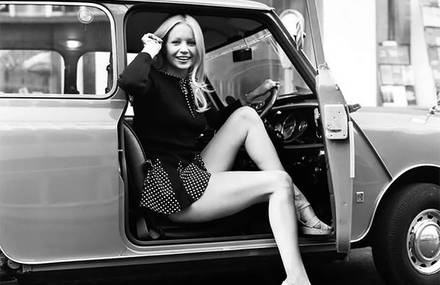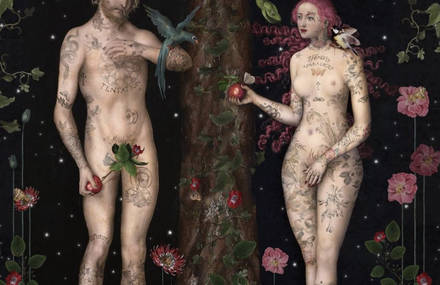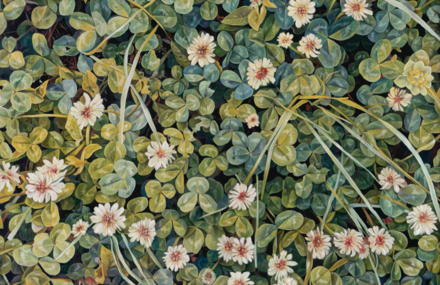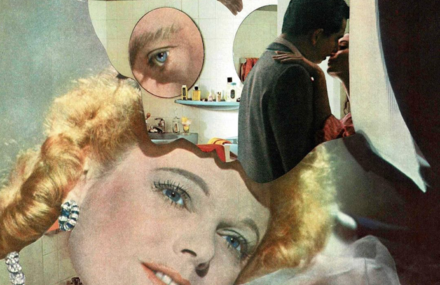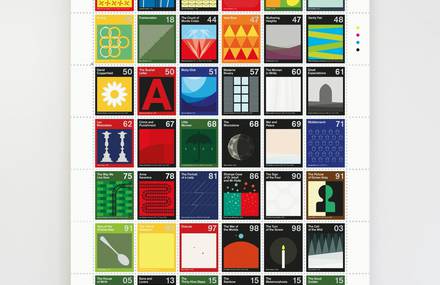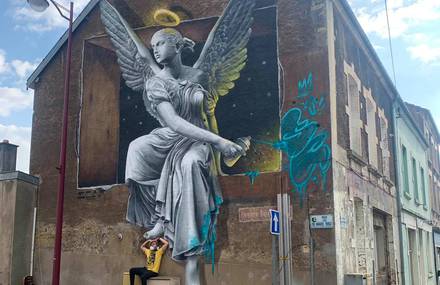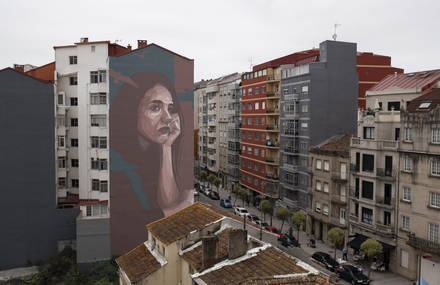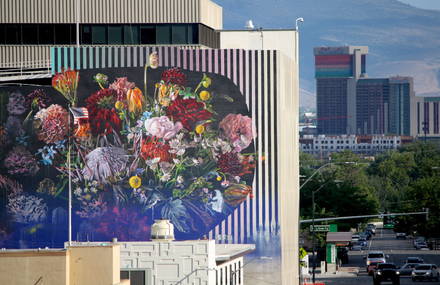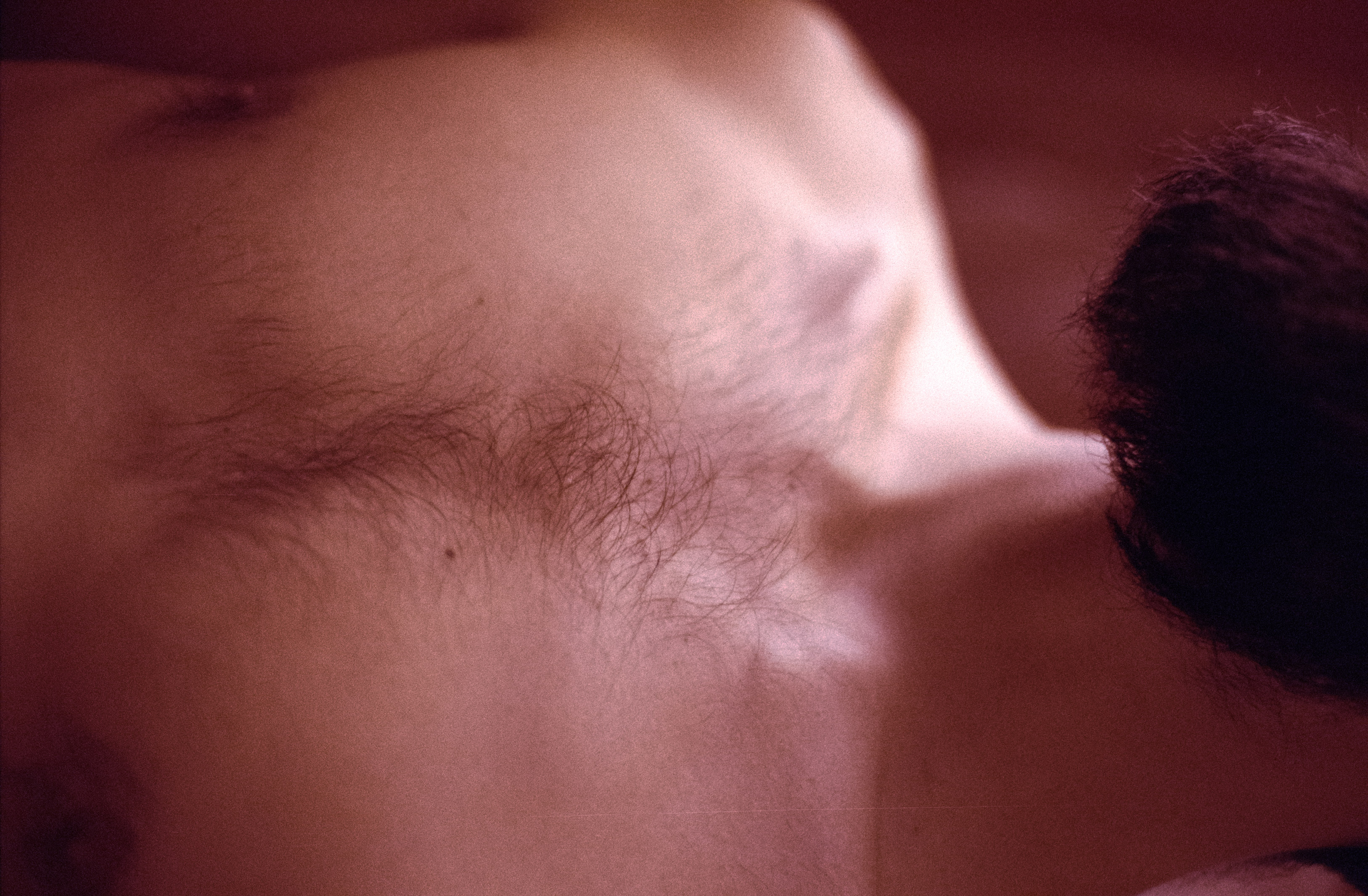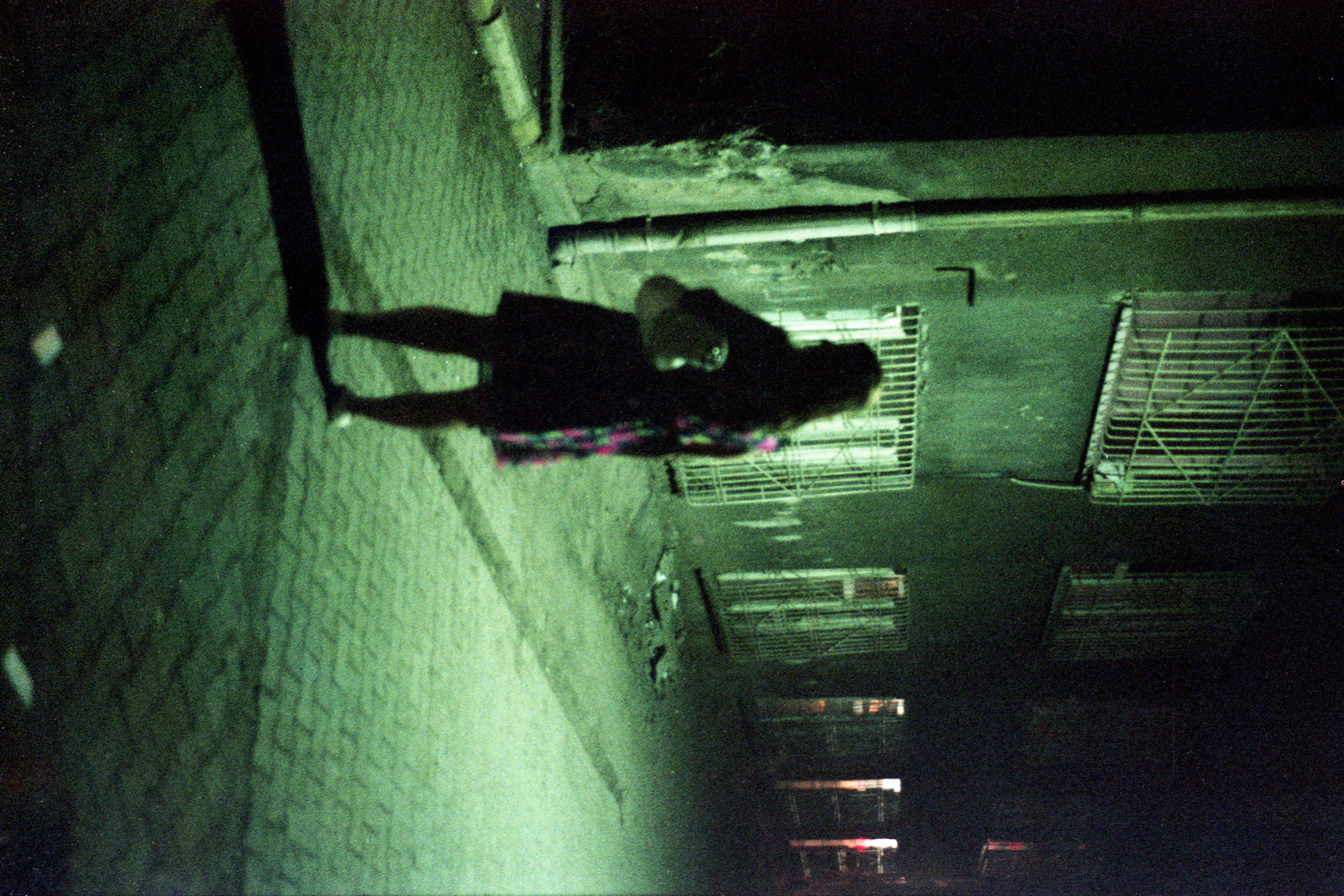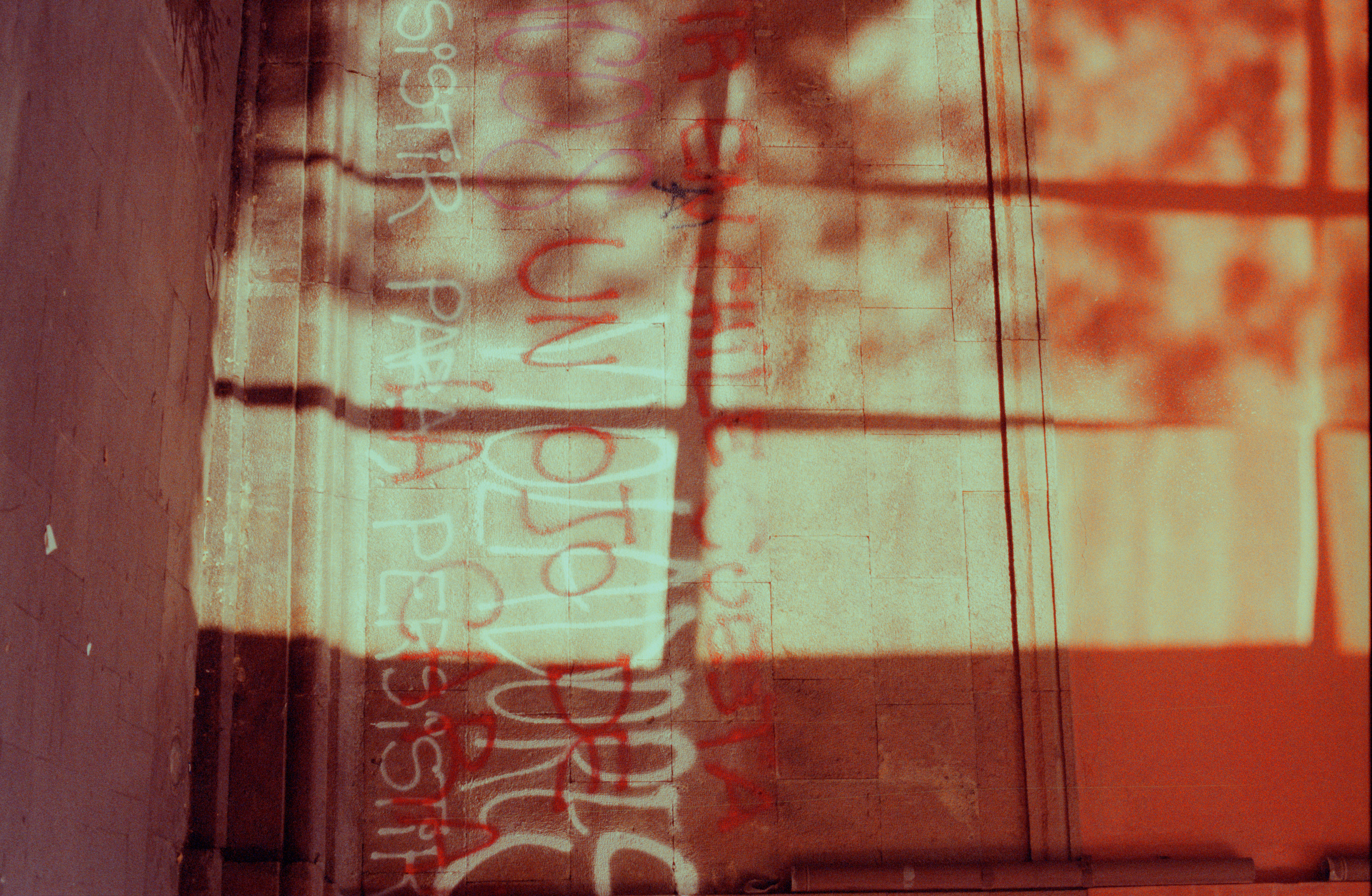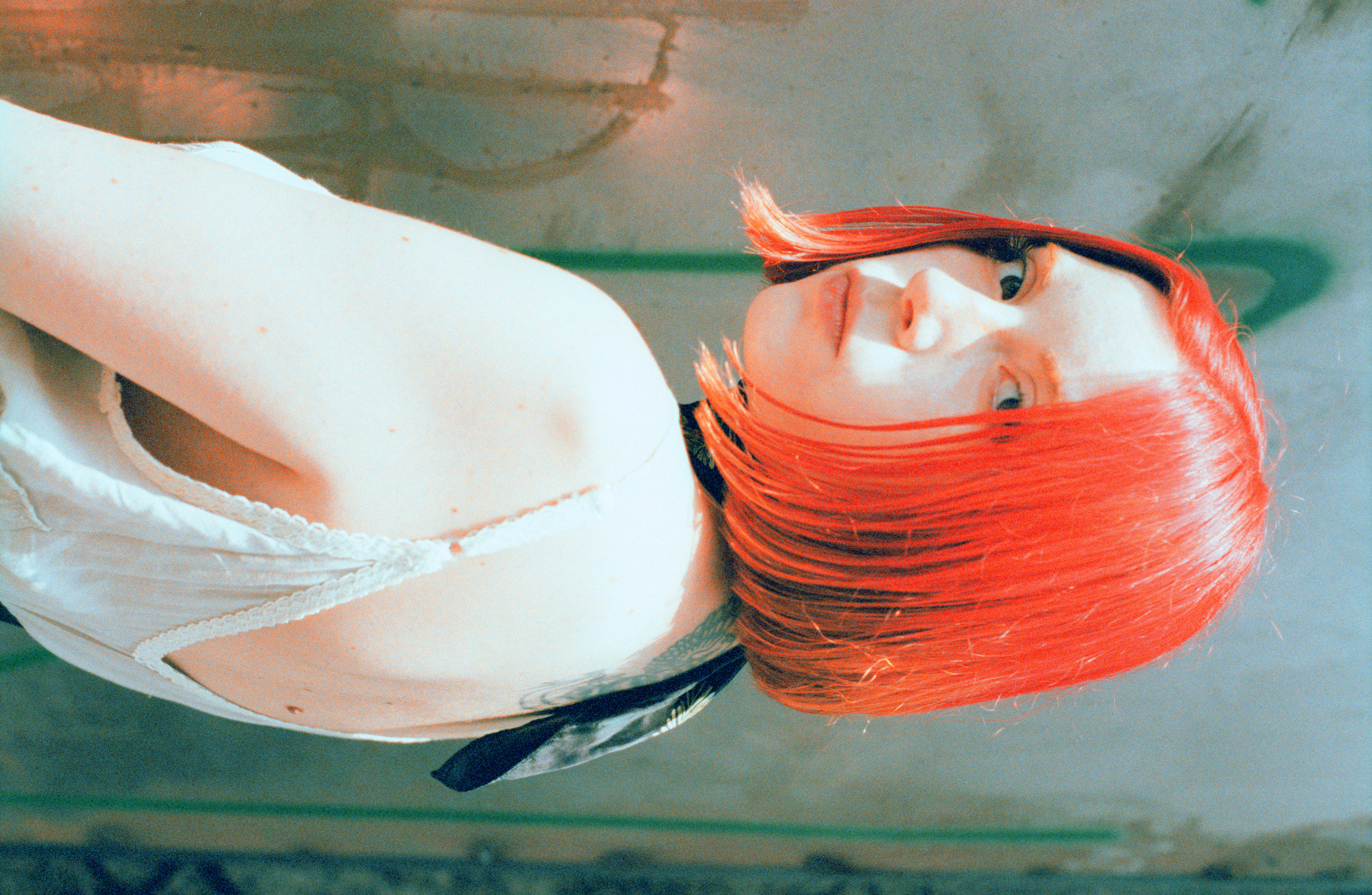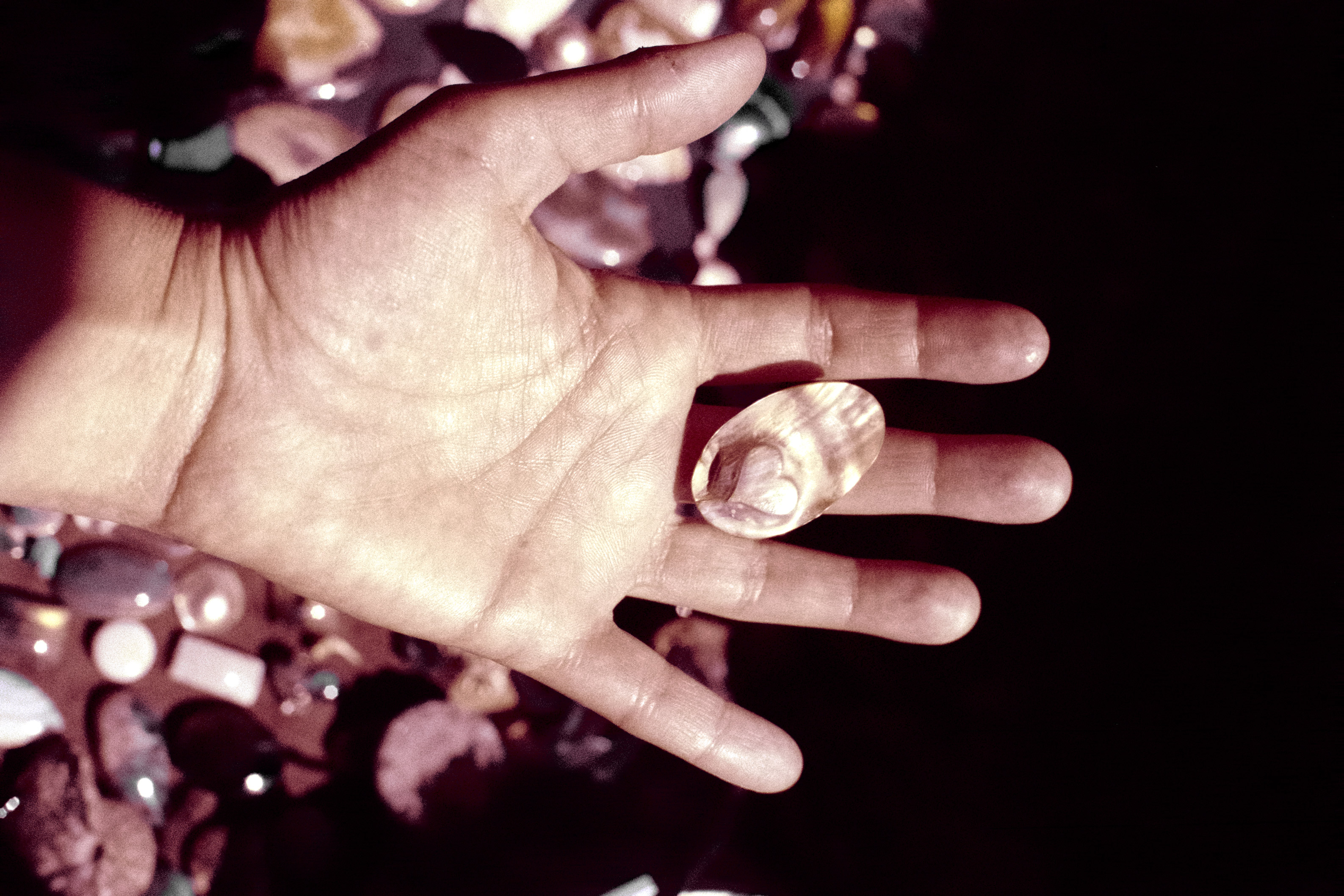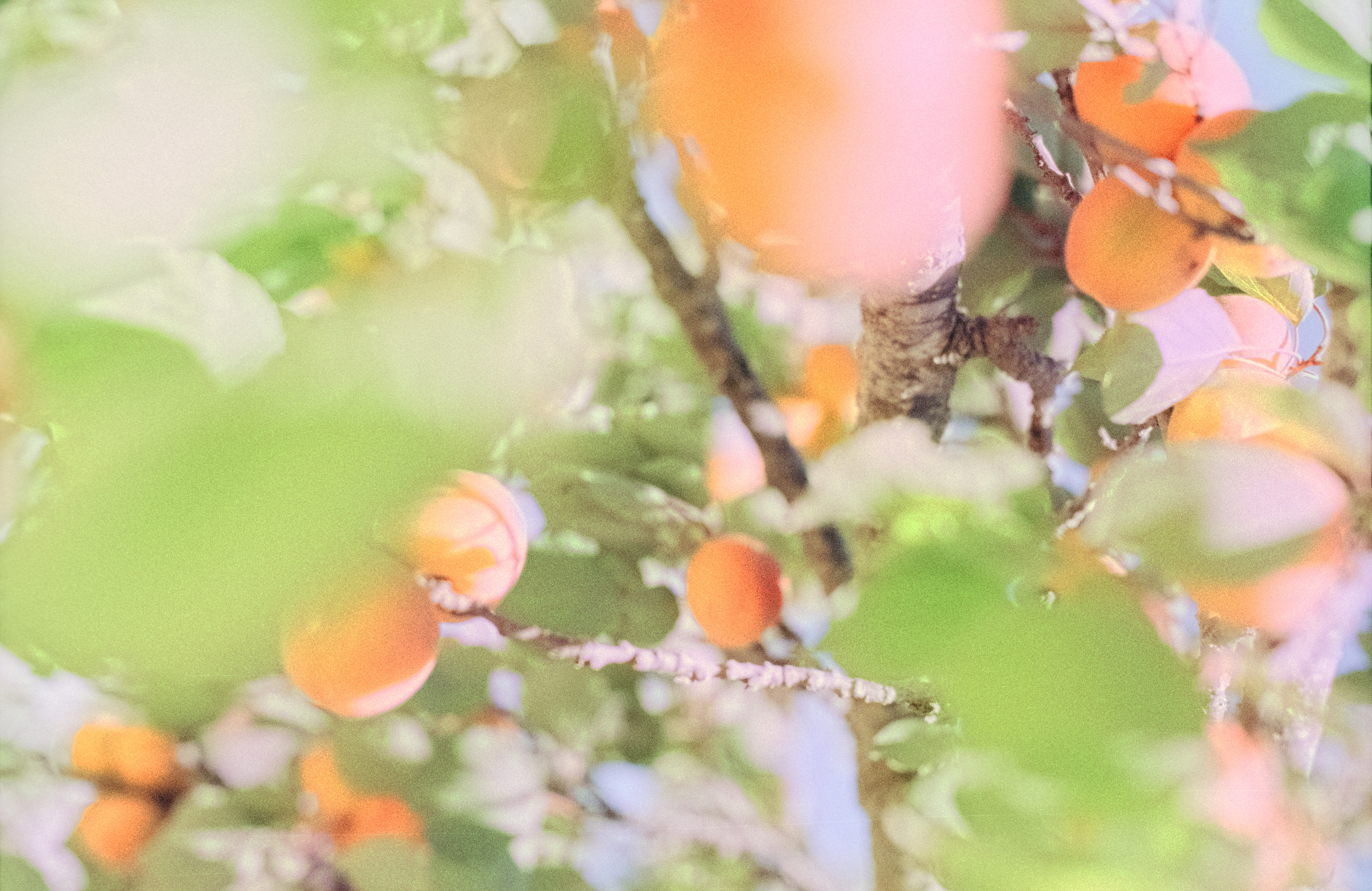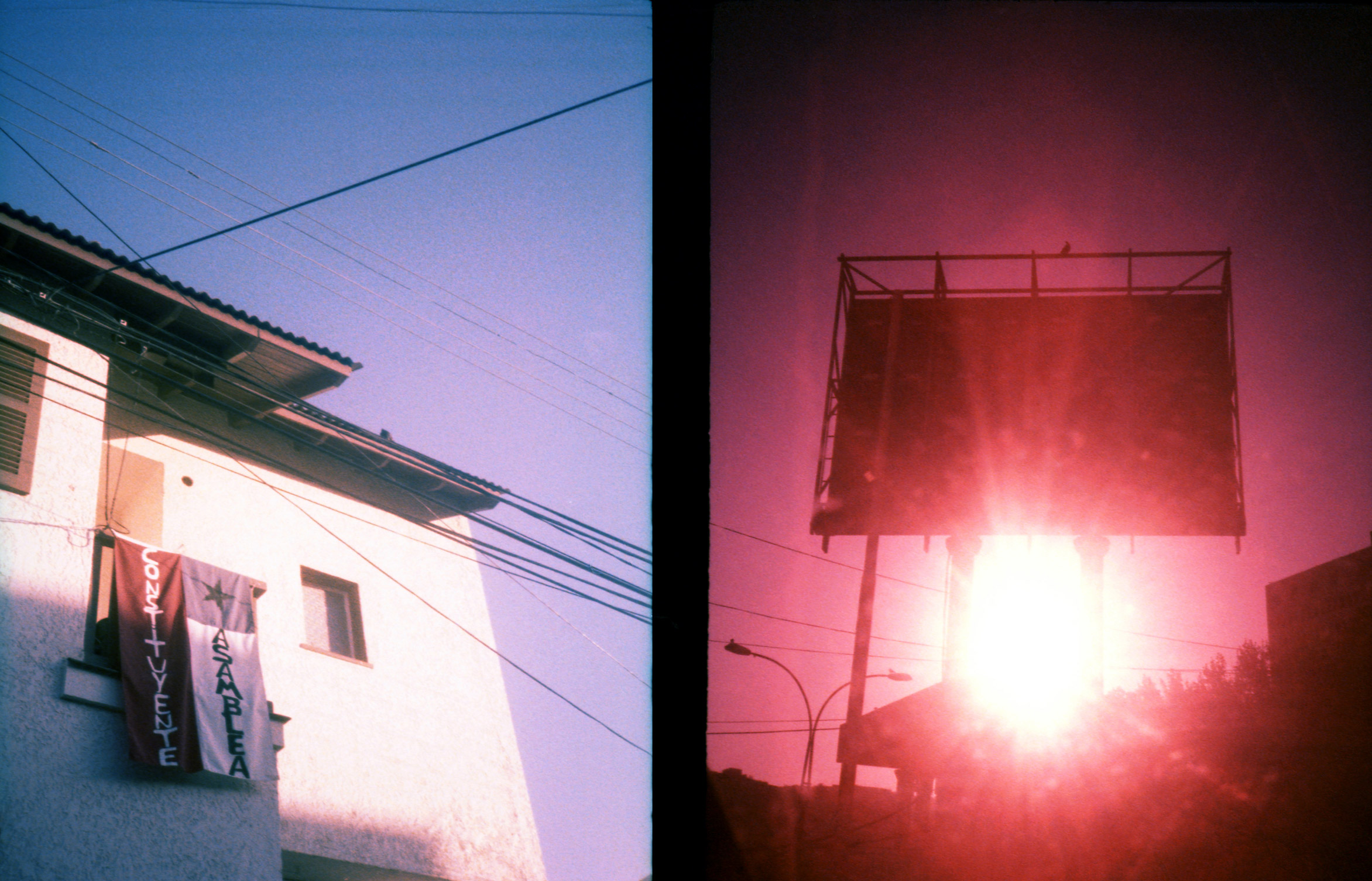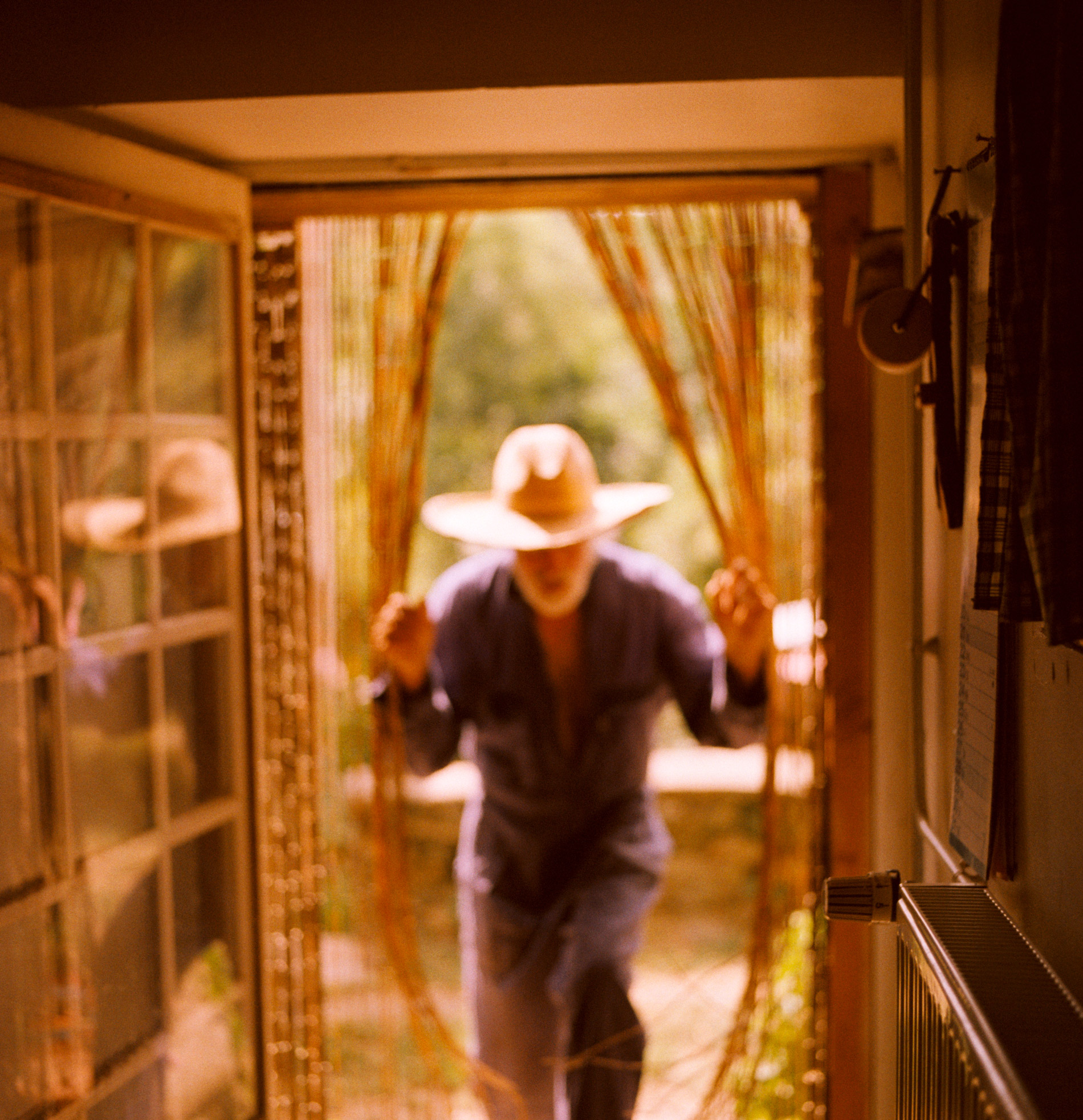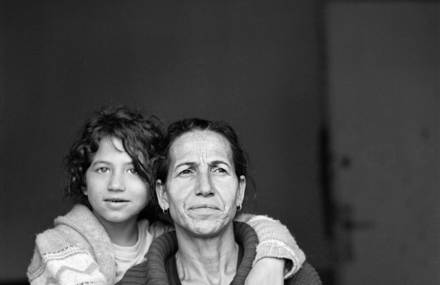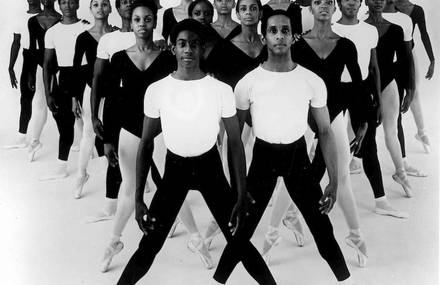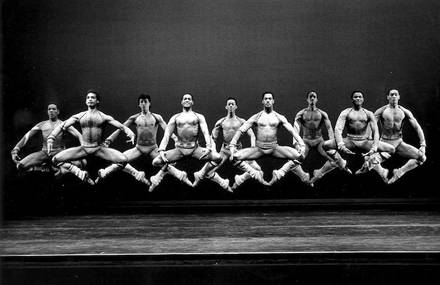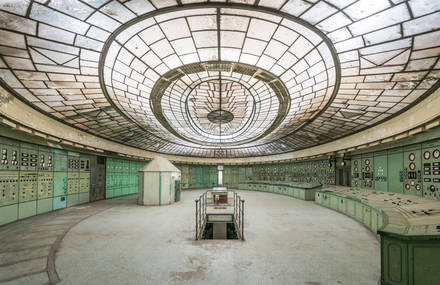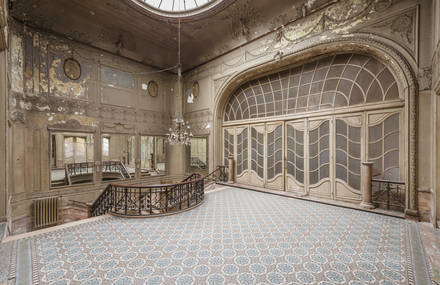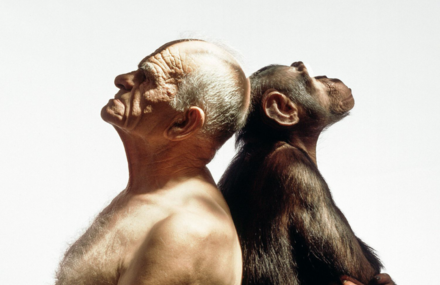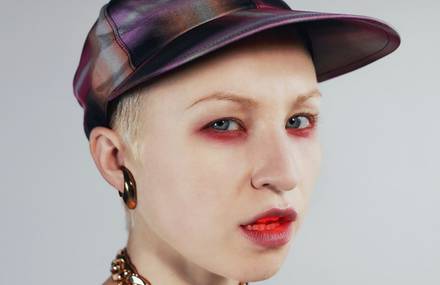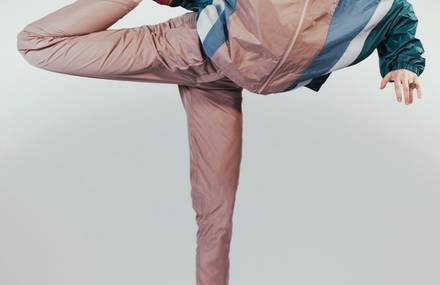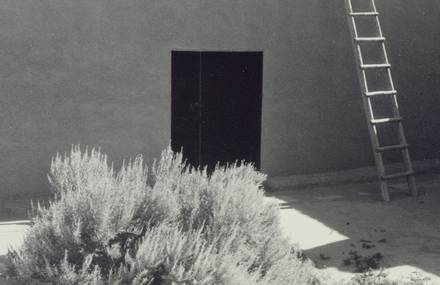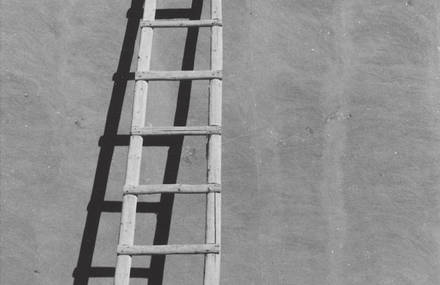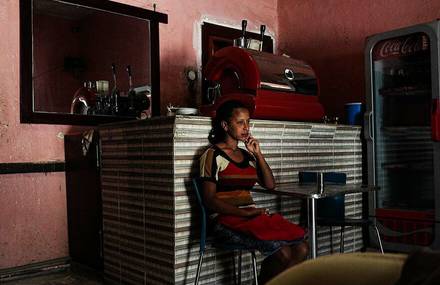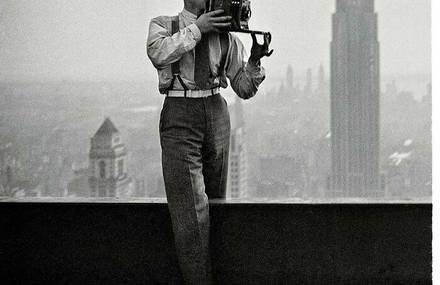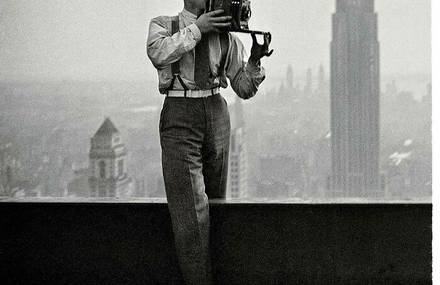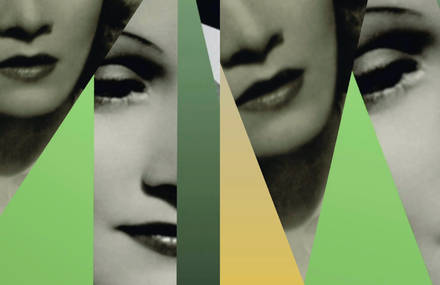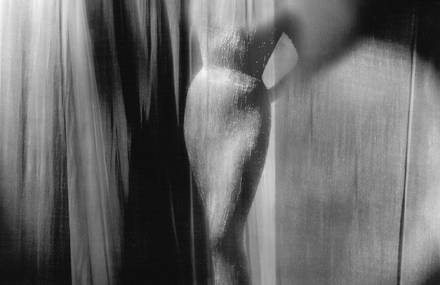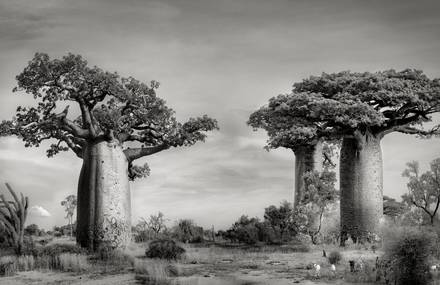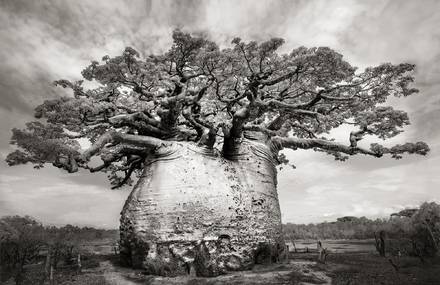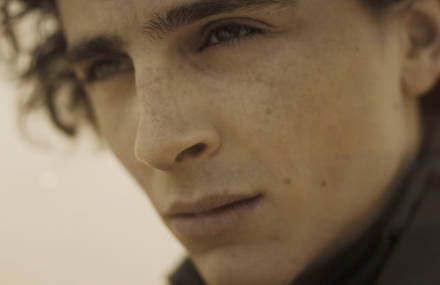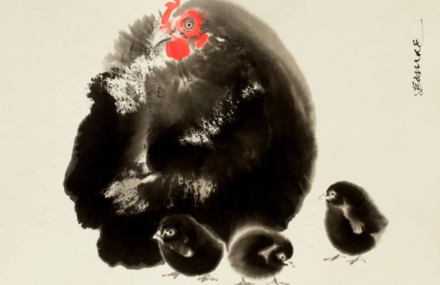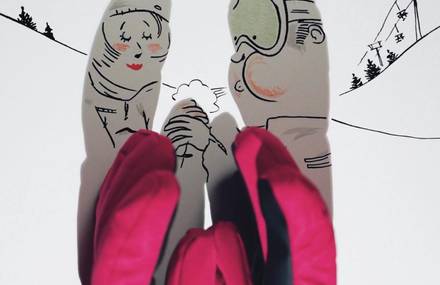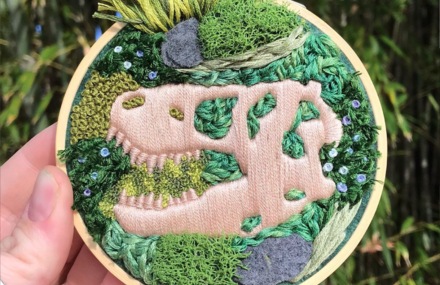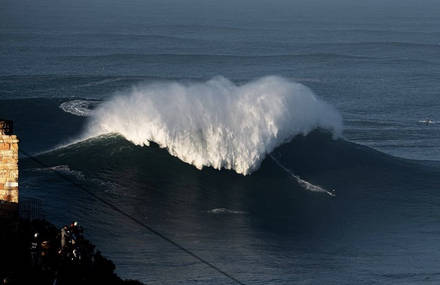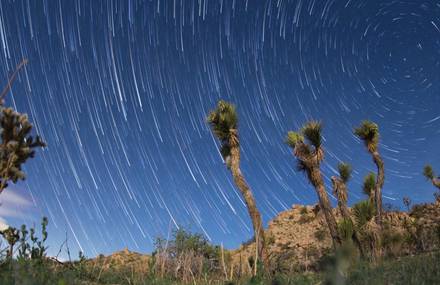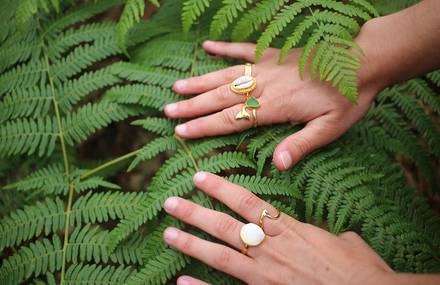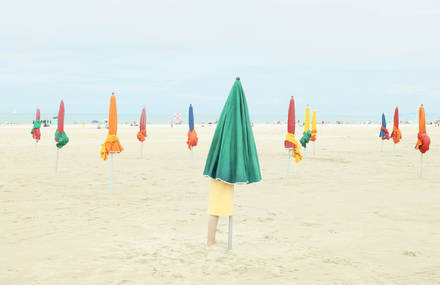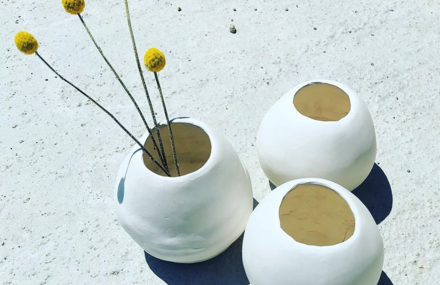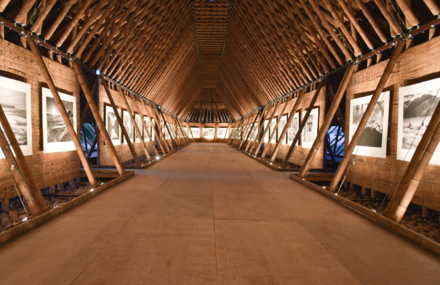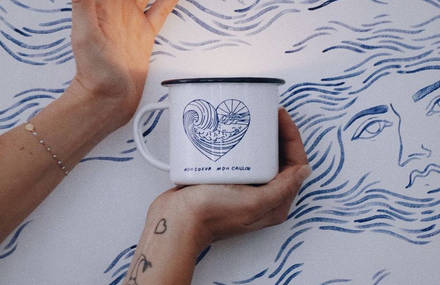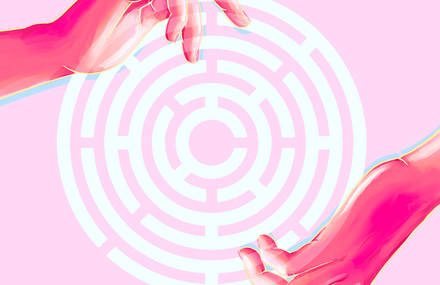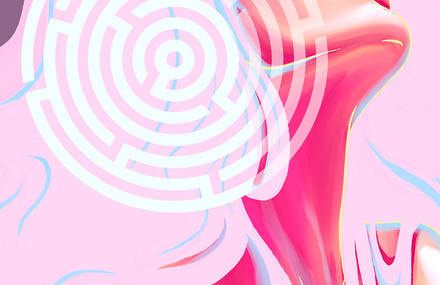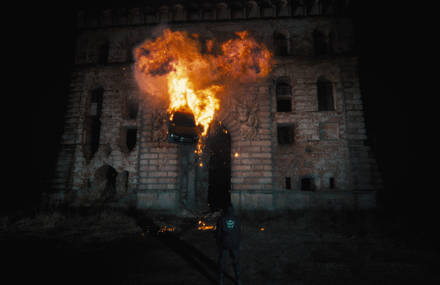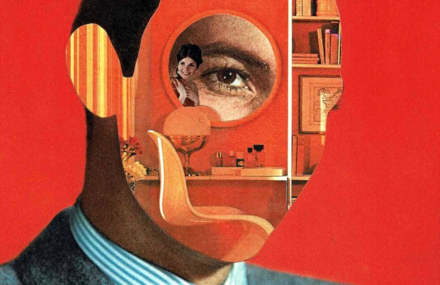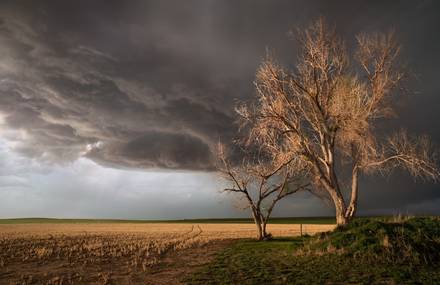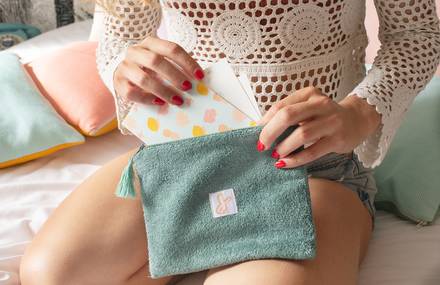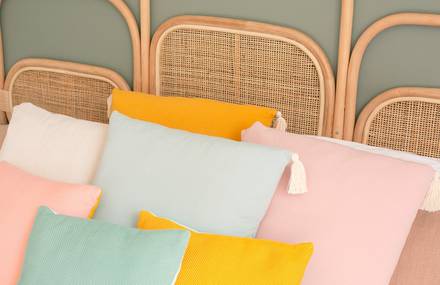Photographer Laura Lafon puts at the heart of her photographic practice the different expressions of a universal feeling : love. With her resolutely situated gaze, she affirms that love and its expression is political. Her photobook, produced in 2013 and self-published in 2017, You could even die for not being a real couple marks the starting point of an endless exploration of the forms that love can take. Love becomes, for the photographer, a common thread between her personal life and her production of images. 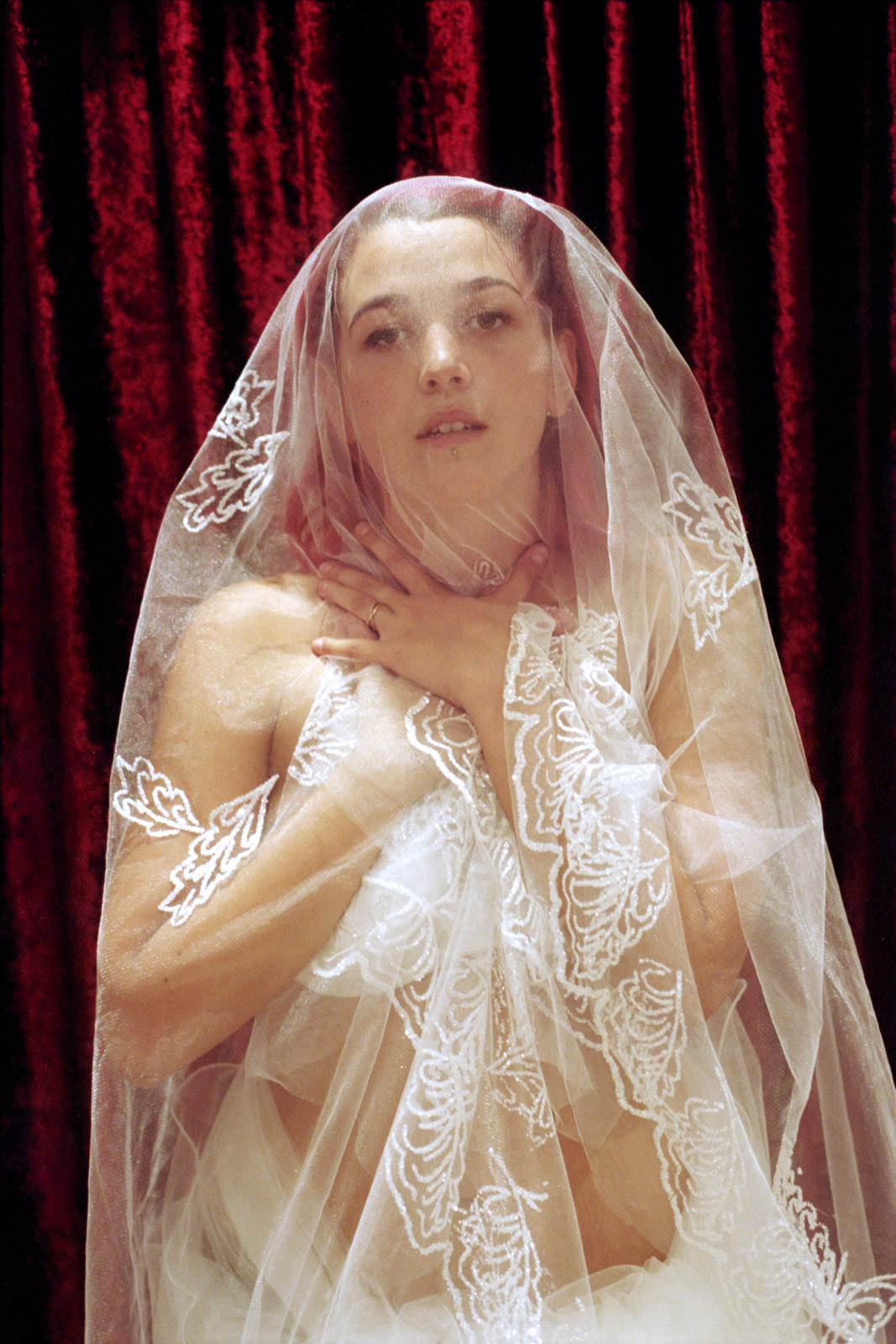
I discovered the power of photography through the images my first lover took of me. He loved me and loved this body that I had learned to hate. I wanted to be wanted. The photos were proof of that feeling, a good example of male gaze in action. When I was 19, I went to Buenos Aires for an internship and I bought a digital camera. Thanks to the camera, I approach strangers and produce a lot of portraits. On my return, I go to Brussels for a diploma course at ESA le75. 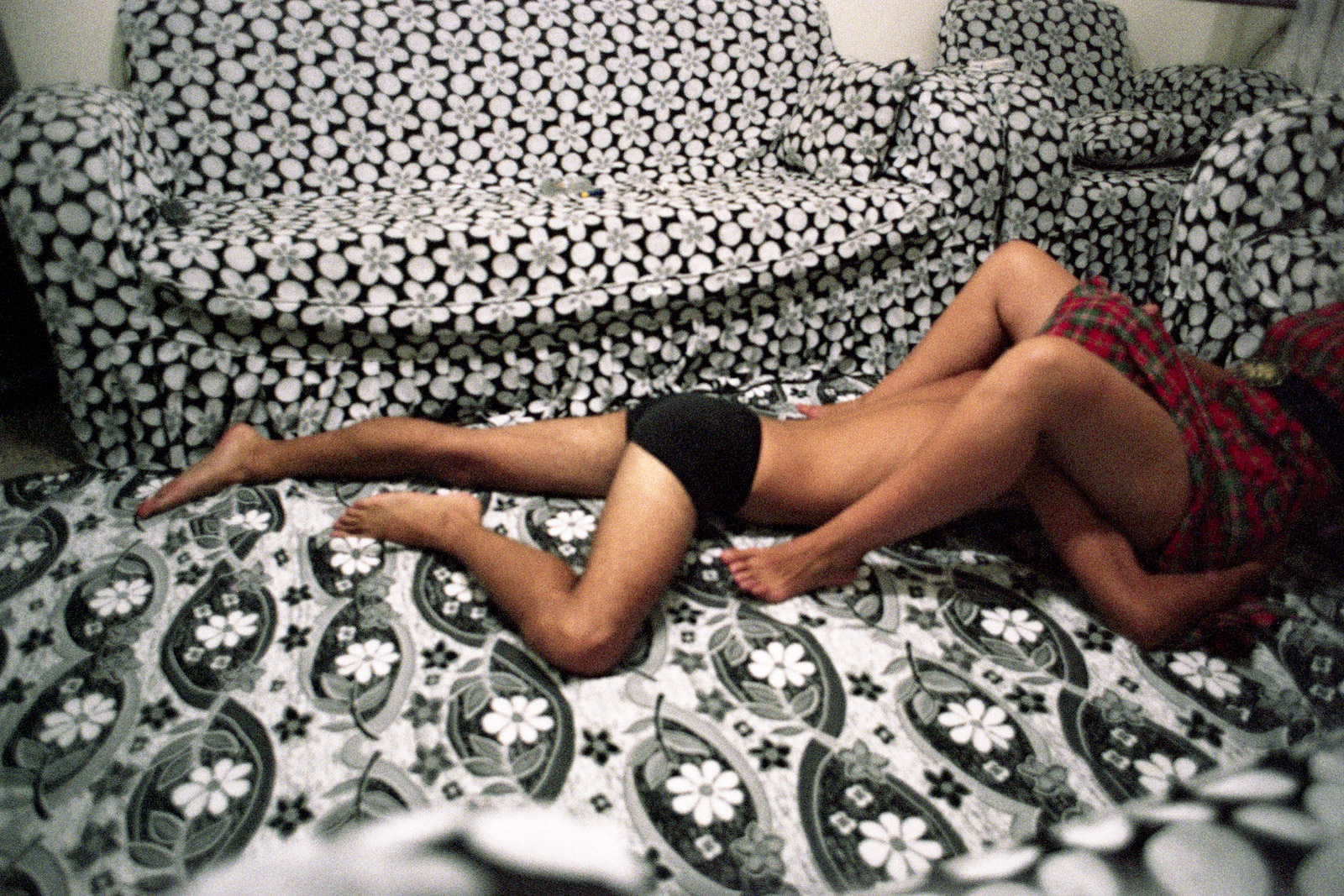
It is a return to my peasant roots in Aveyron after a class defector. Naturally, I made myself appear there, in self-portrait, to kill time, kill boredom and transmit the photo technique to my cousins who took me as a model. The images are a mix between color photos of me and my young cousins, with black and white documentary photos of the farm and my family’s cultural practices.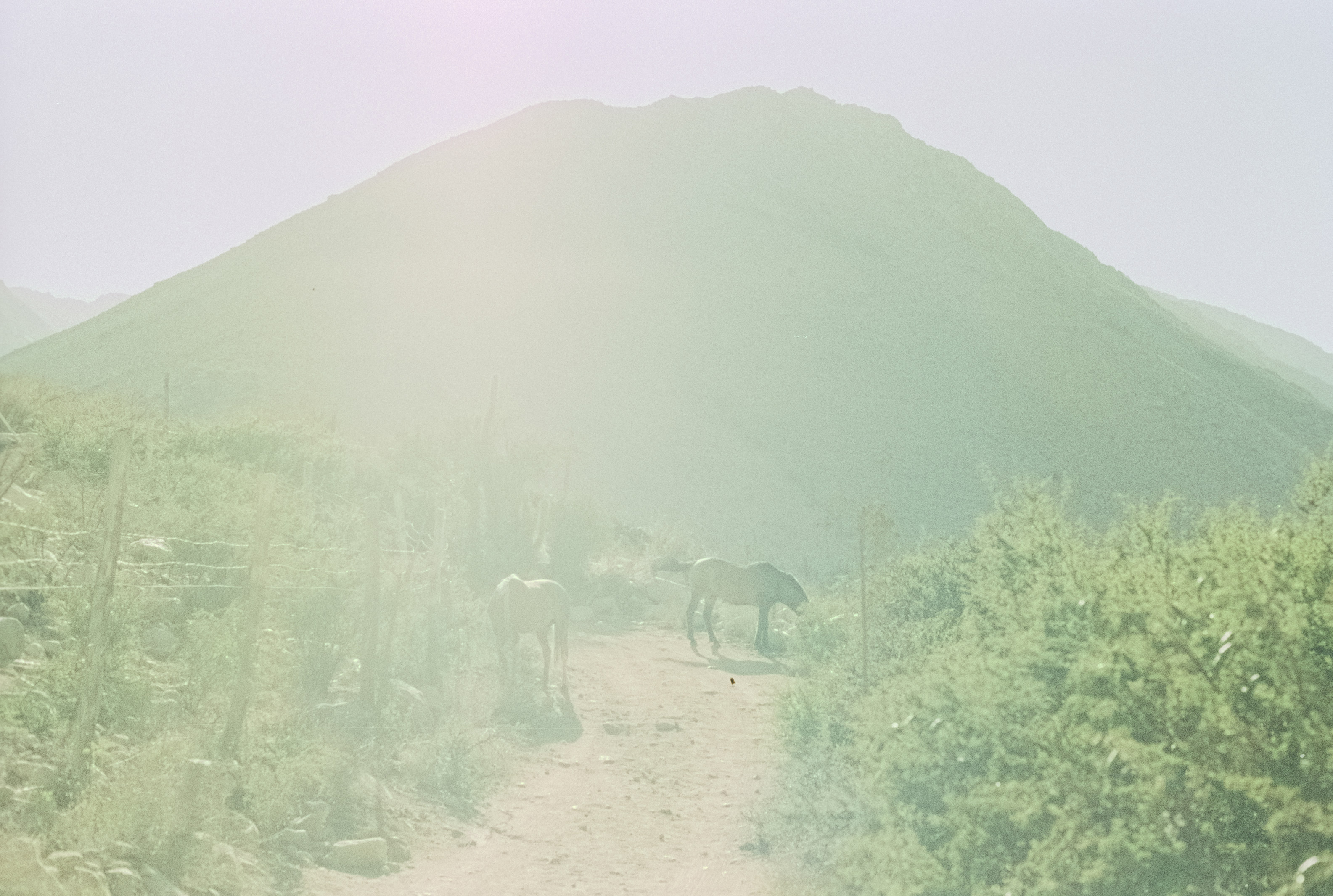
I like to believe that I am doing documentaries, having a situated point of view, talking about my own experience of a territory, of encounters. I don’t believe in objectivity and even less in conquering subjects that do not belong to me. I need to move around, to be dedicated to photographic practice. A very simple problem like: “What is love?” inspires me. Even more, it is rather the events of my life that write the narrative framework of my images.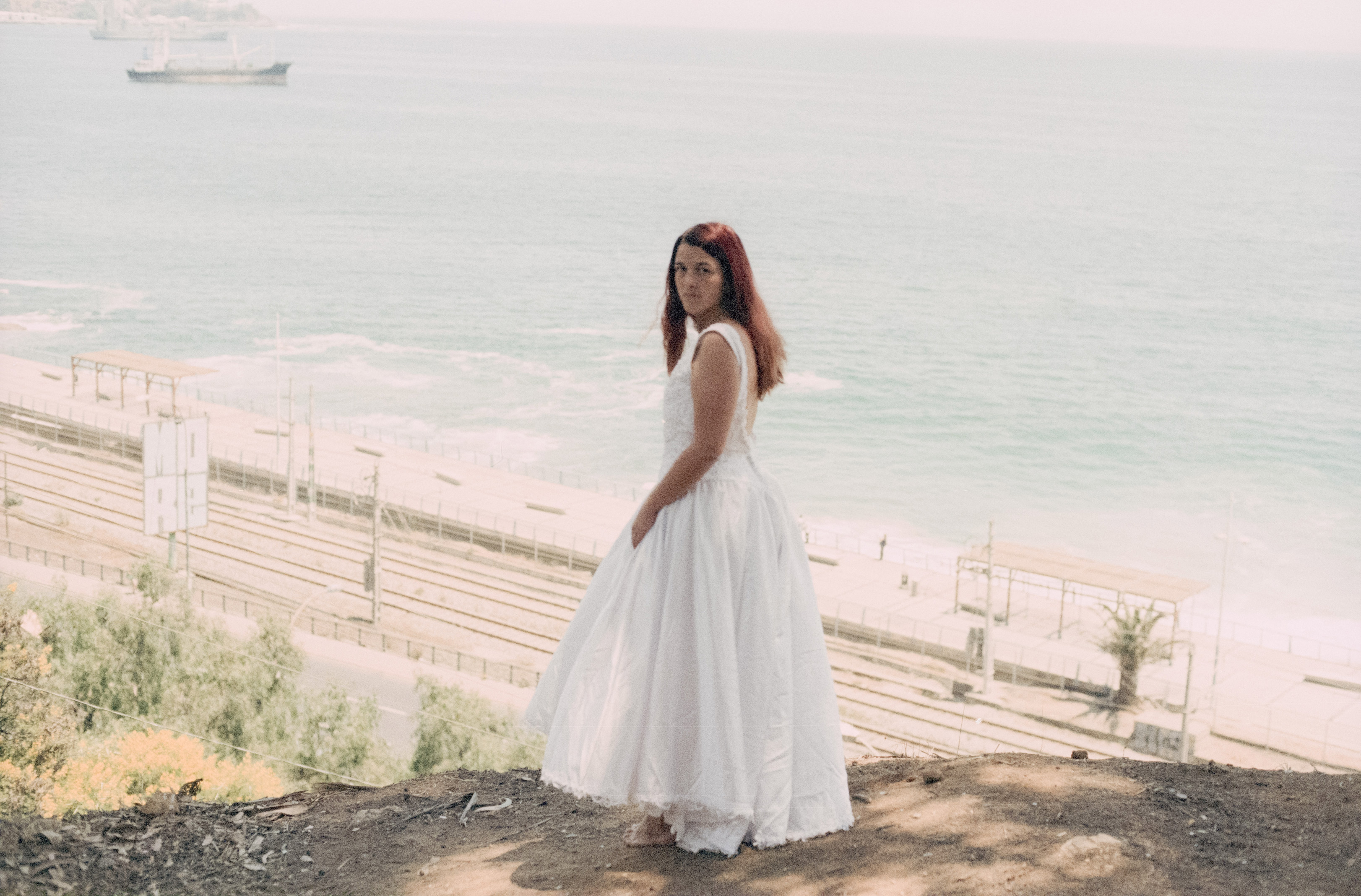
Love is the vital subject, right? Silly, light at first glance, love is in fact political. I am deeply in love with love and love stories. To assume it is to claim a quest for the political in the intimate. It is also a way to come into contact with the other in a universal way. If expressions of love change, we are all, at some point, crossed by one form of love.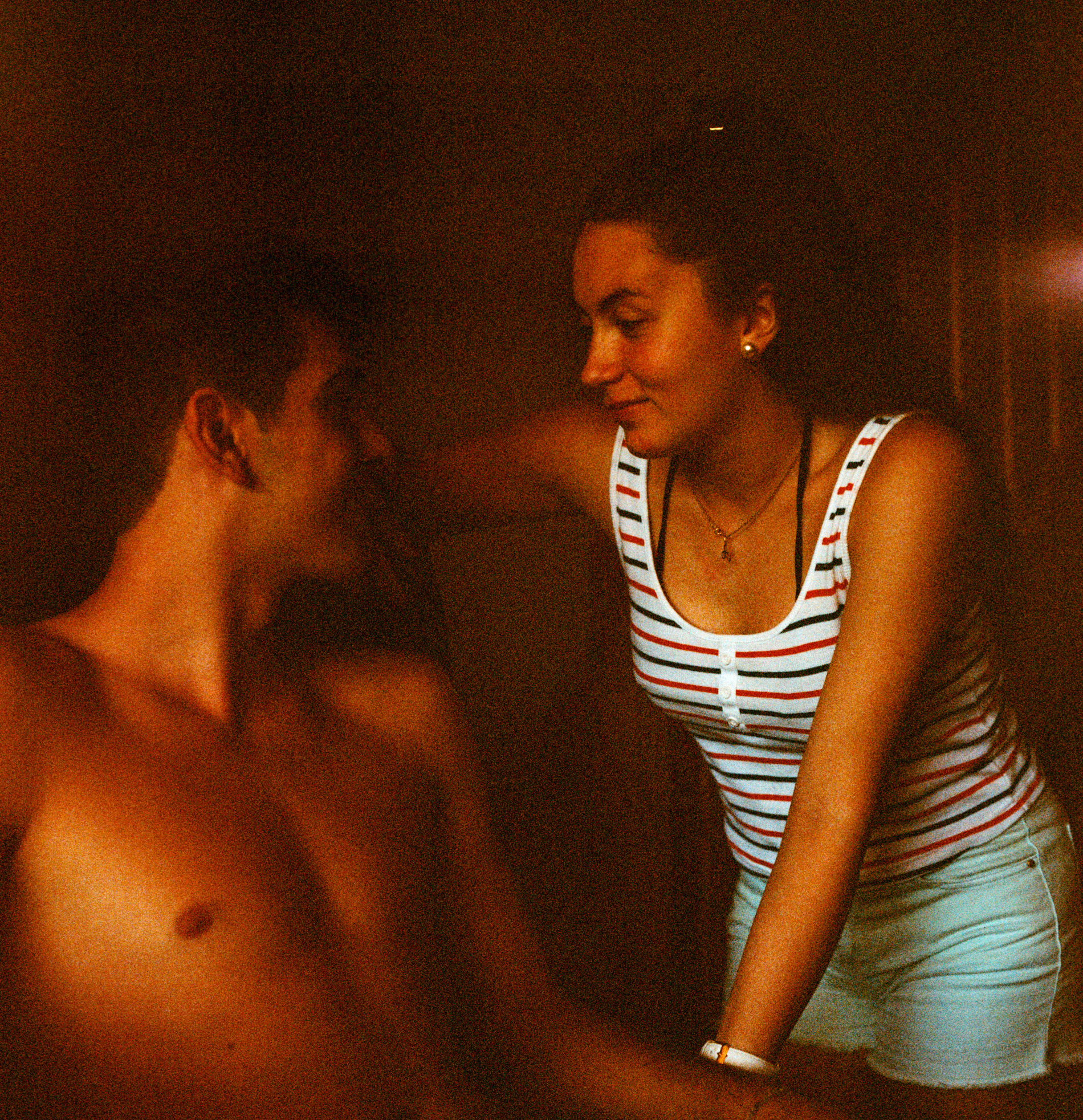
This passion for love made me travel one summer in Kurdish territory. The fight for Kurdish independence includes the fight against patriarchy, and I wanted to question this intersection of struggles, by asking “What is love?” to the people encountered. By chance, I found myself traveling with photographer Martin Gallone. This couple that we were not, was quickly questioned in return. “You could even die for not being a real couple” is a phrase we were told when we arrived, when we were asked if we were married. We were very annoyed to answer that we were not even a couple! The self-portraits arrived without thinking about it, to act, to perform this false couple, sometimes married, sometimes free. Finally we put in image this vision of the French couple, icon of freedom, which even has the privilege in a country which is not its own to have all the rights. The Kurds participated in this game. They and they posed for us. They also took pictures of us. It is an exchange to try to understand each other, to question cultural archetypes, the alleged freedom of Western love in the face of patriarchal traditions.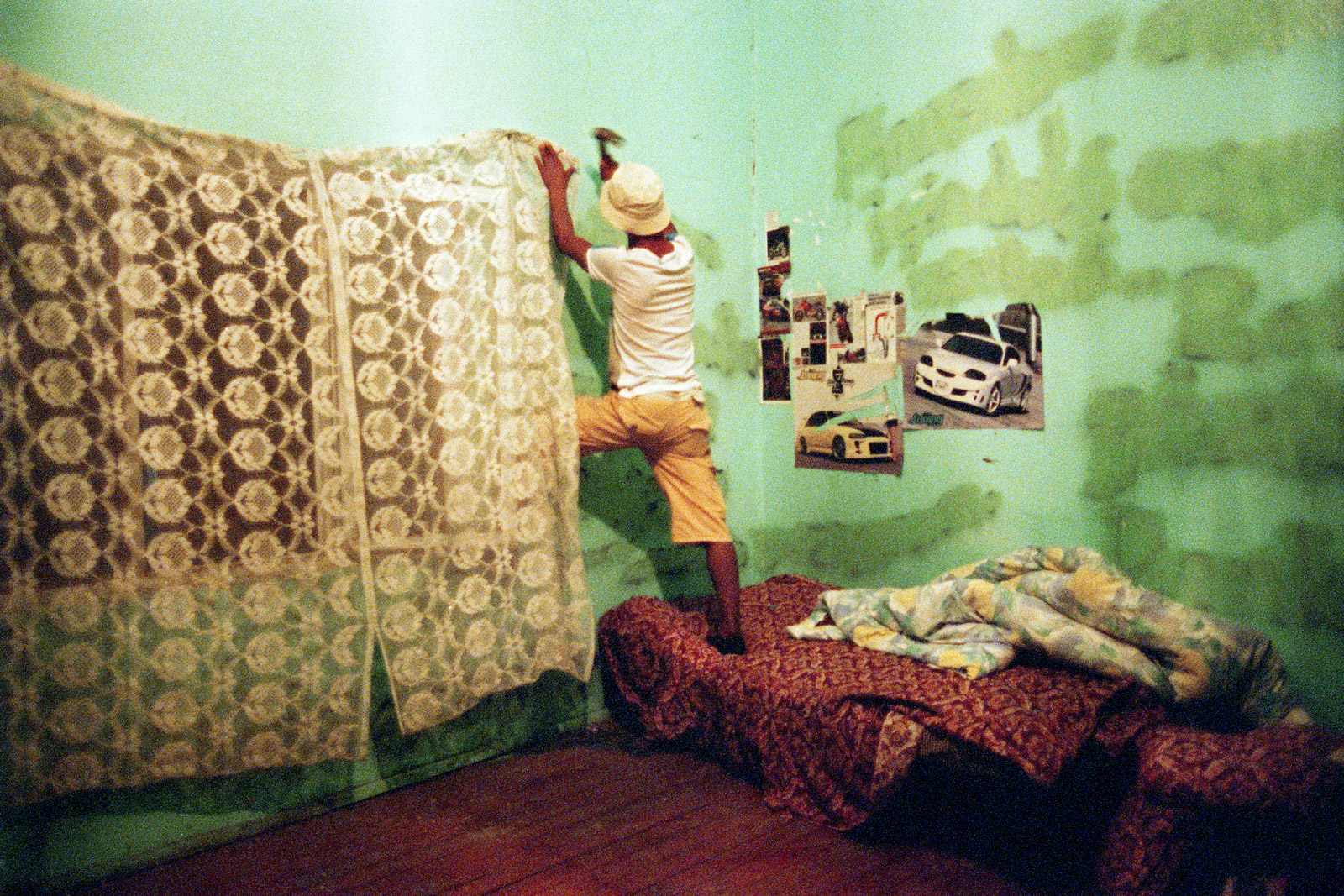
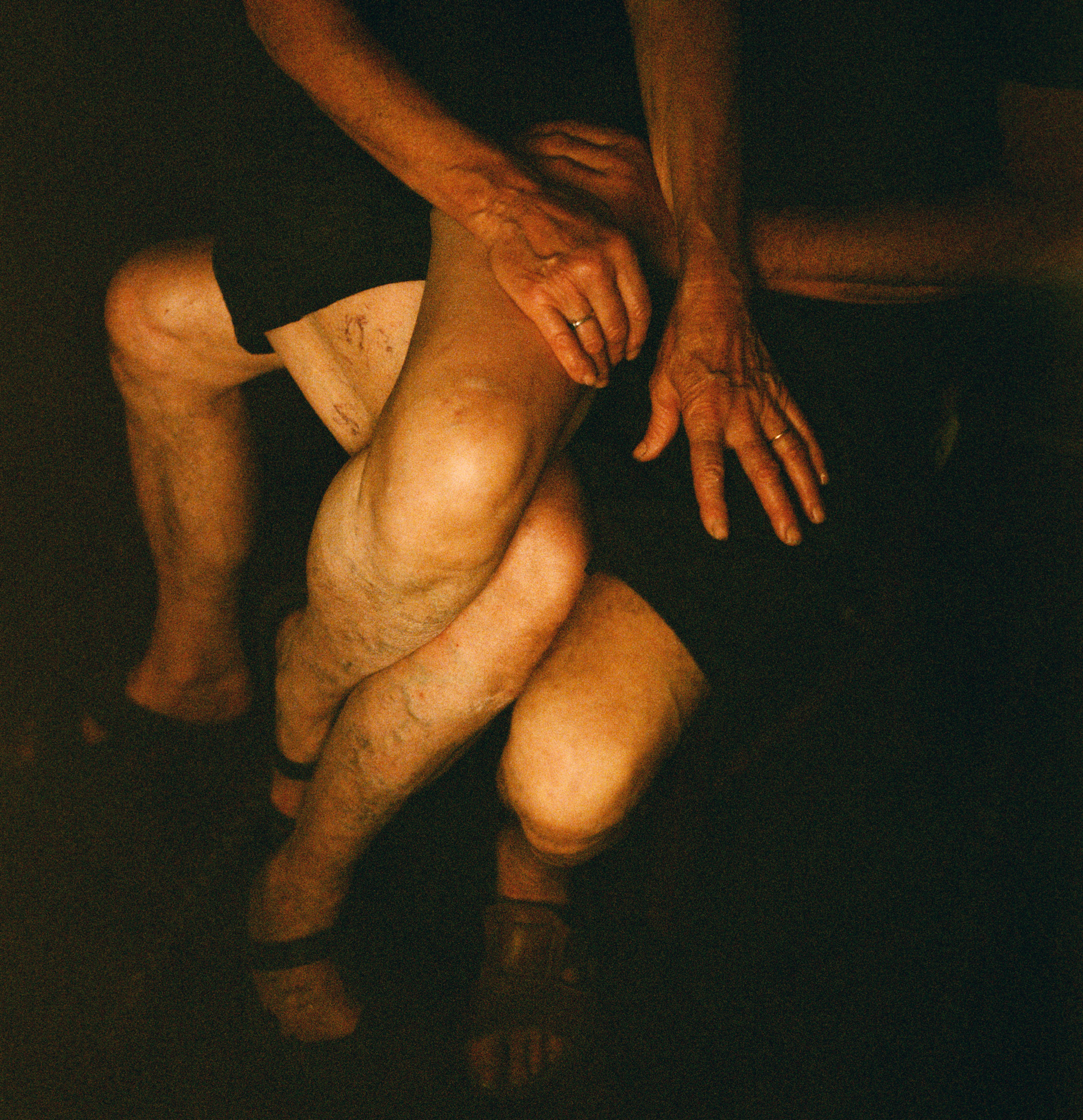
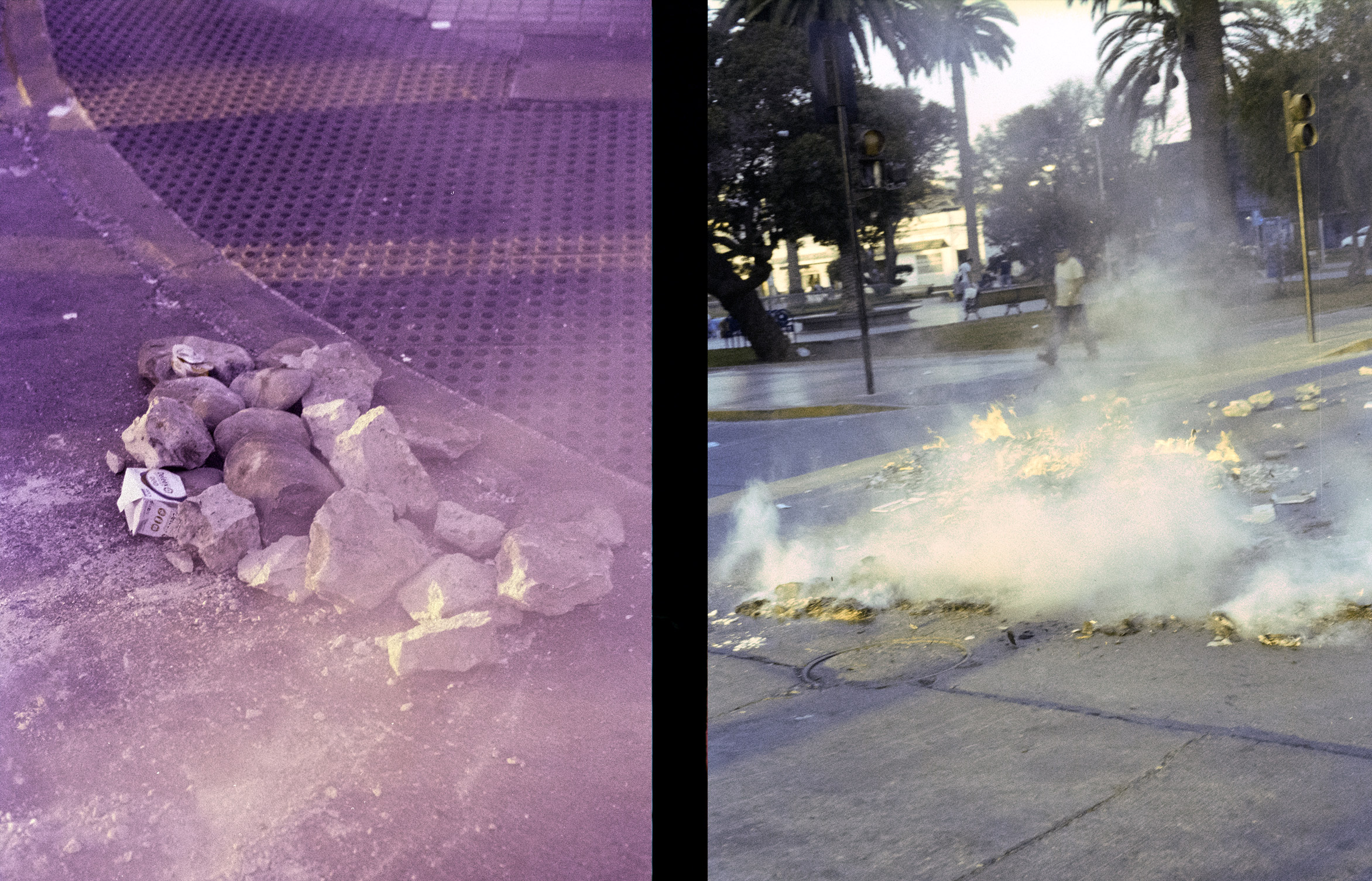
Photography has helped build my self-esteem. First in the photographs my first lover took when we were 15, then in the reappropriation of my image thanks to the self-portraits. In particular, I have a whole collection that I do not publish. Self-portrait is a need. Looking at the goal is a very strong feeling for me. But I also differentiate between my image and who I am as a person. When I talk about You could even die for not being a real couple, I have sometimes said “she” to talk about my character. Fiction and reality blend together. I have this sentence which came to me and which obsesses me: the idea of ”making an image”. It’s a sublime sensation, feeling that I am for a moment perfectly installed in a setting, a staging, a light, colors, clothes, whatever. The sensation causes a happy state which is only mine. I wonder then if it is this need to make an image that pushes me to experience certain things, or if it is because I am living certain things that I have to make images. In March 2020, I found myself confined by chance to Lucas Castel, whom I dated twice. We fall in love, I suggest that we get married in the garden, the neighbors on the balcony, to celebrate the spring equinox and also… play at making an image. I experienced this marriage as a spell and felt intensely miraculous for several weeks thanks to it.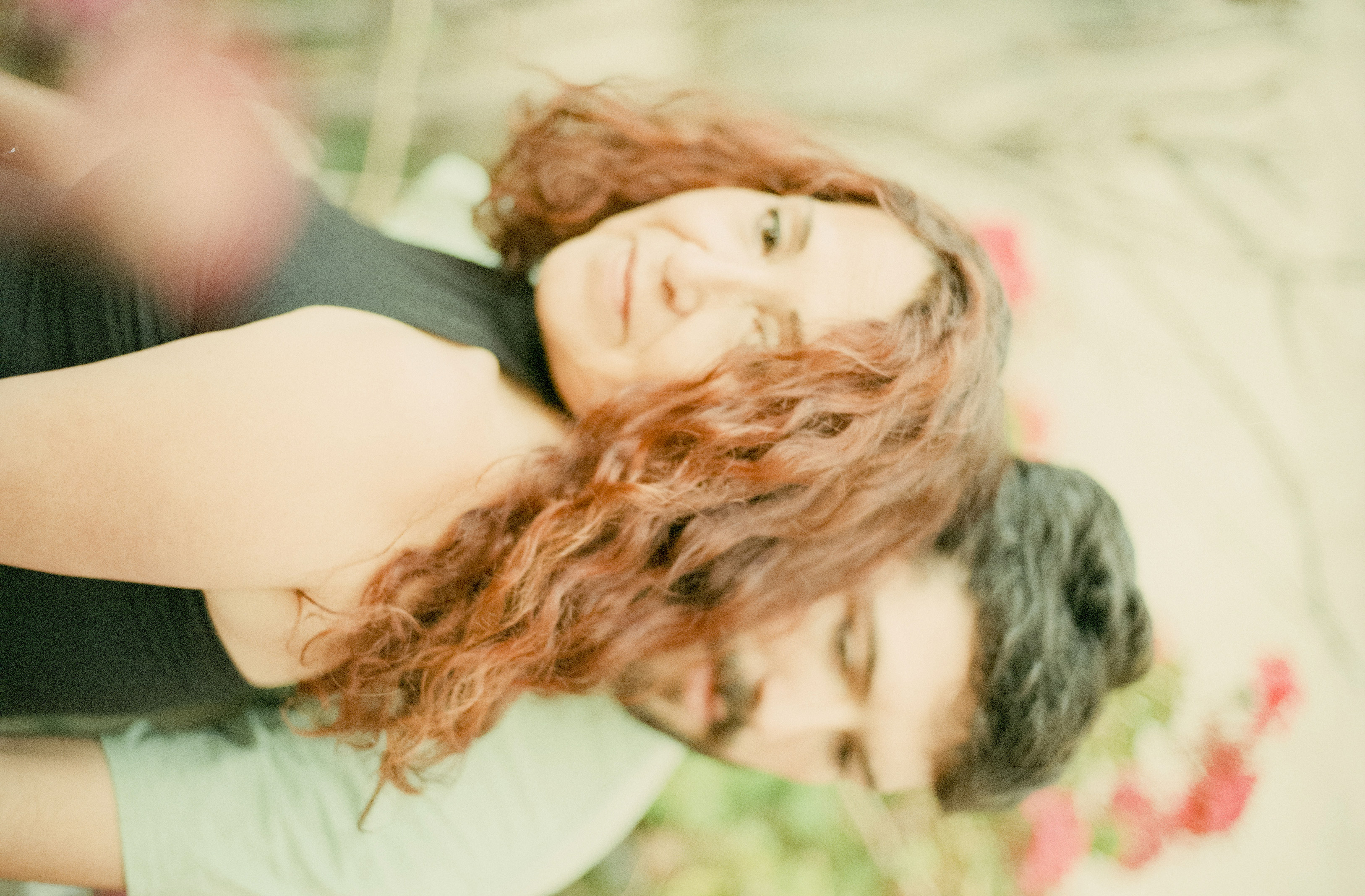
Today I work in two collective projects: Gaze, the magazine of feminine looks and non-binary people andLusted Men, an erotic collection of erotic photographs of men. Finally, in You could even die for not being a real couple, produced in 2013, these two subjects were already germinating: female gaze and male eroticism.
